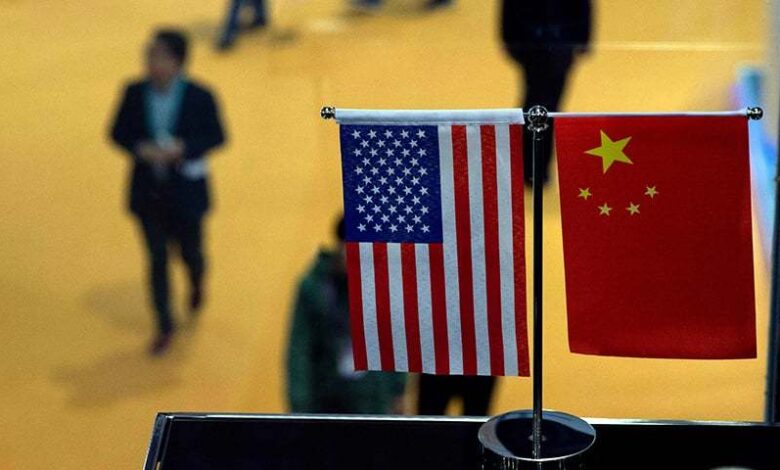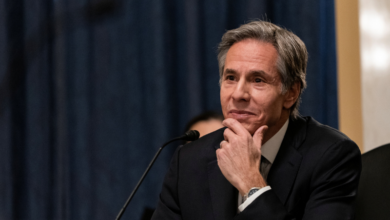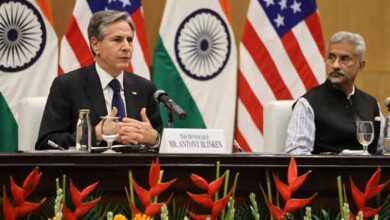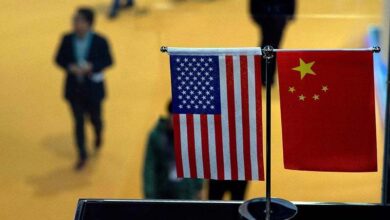
WASHINGTON: President Donald Trump has signed a law that authorises US sanctions on Chinese officials if they interfere in Tibetan Buddhists’ selection of the next Dalai Lama.
Congress overwhelmingly approved the Tibetan Policy and Support Act amid growing concern that Beijing will seek to handpick a successor to the 85-year-old spiritual leader, hoping the movement for greater freedoms in the Chinese-ruled Himalayan region will wither away without its charismatic figurehead.
Beijing said in January that the act “grossly interferes in China’s internal affairs” after the House of Representatives passed it 392-22.
With the clock ticking on the end of its session, the Senate incorporated the act as part of a major spending bill that includes coronavirus relief.
The Tibet act, introduced by both Democrats and Republicans, states that it is US policy that the selection, education and veneration of the Dalai Lama and other respected monks are “exclusively spiritual matters that should be made by the appropriate religious authorities within the Tibetan Buddhist tradition.”
The United States will impose sanctions on officials “who directly interfere with the identification and installation of the future 15th Dalai Lama of Tibetan Buddhism,” the new law says.
The act also bars the United States from opening new consulates in China until it is allowed one in the Tibetan capital Lhasa and authorises funding to groups that promote cultural preservation, education and environmental sustainability in the Himalayan region.
The International Campaign for Tibet, an advocacy group close to the Dalai Lama, hailed the passage of the law as laying “a marker down on the global stage declaring that the international community will not accept China’s interference in the Dalai Lama’s succession and will oppose China’s human rights abuses in Tibet for as long as they continue.”
The 14th Dalai Lama, who has slowed down his once frenetic travel schedule but is not known to have serious health issues, is keenly aware that China may attempt to appoint a pliant successor.
The Nobel Peace Prize winner has mused about breaking tradition by appointing his own successor, possibly a girl, while he is still alive or declaring the institution to be over with his death.
In 1995, officially atheist Beijing selected its own child as the Panchen Lama, another influential Tibetan position, and detained a Dalai Lama-recognised six-year-old, whom rights groups described as the world’s youngest political prisoner.
China rejects US law on Tibet
The Chinese foreign ministry on Monday said it firmly rejected new US legislation on Tibet signed into law by President Donald Trump over the weekend.
Tibet-related issues are domestic affairs, Zhao Lijian, a ministry spokesman, said at a regular media briefing.
The Tibetan Policy and Support Act of 2020 calls for the establishment of a US consulate in Lhasa and the absolute right of Tibetans to choose a successor to the Dalai Lama.







